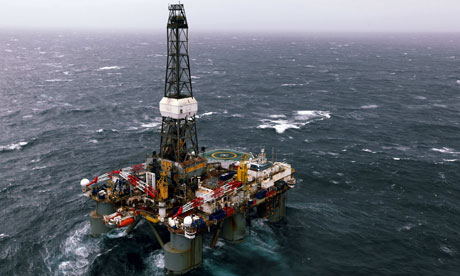Putting the coming discard debate in ton context.
Seafish established the Discard Action Group as an 'issue forum' to discuss and help resolve industry-wide problems.
Mike Park, Scottish White Fish Producers Association and a Seafish Board member, chairs this group which is representative of the whole seafood supply chain. The group meets three to four times a year.
The DAG was set up im May 2011 with this set of terms of reference:
• The Group acts as an ‘issue forum’ playing a pivotal role in mediating a common
approach to discard issues affecting the whole seafood supply chain. It is the
only cross-industry group solely addressing the issue of discards.
• The aim of the DAG is to improve understanding of the phenomenon of
discarding; to explore the means by which discarding can be reduced to the
minimum level practicable; to develop action plans to accelerate developments in
specified areas; and to act as a hub to provide factual information that is both
accessible and understandable.
• The Discard Action Group (DAG) is autonomous, however its activities are
reported to the Seafish-facilitated Common Language Group. Seafish provides
the secretariat for the DAG. All information produced by the group should be
placed in the public domain.
• The DAG will typically meet three to four times per year to share information and
monitor progress of activities. The participants will determine how often the group
should meet based on current need and will also monitor the continuing role and
effectiveness of the activities of the group.
• Participants at DAG meetings should be representative of all relevant interests
across the UK seafood supply chain:
- the catching sector
- the whole UK seafood supply chain
- non-governmental organisations
- legislators
- regulators
- technologists and scientists
- other bodies pursuing this goal
and, where appropriate, the media.
• The DAG should help each sector to understand the perspectives of others and
build consensus on issues relating to discarding.
• The DAG should define and promote best practice in discard reduction.
• The DAG should look for novel ways of incentivising the adoption of best
practice.
• The DAG should inform its participants and the wider community of new
developments on an international, as well as national basis, acknowledging the
fact we can learn from best practice from around the world.
• The DAG should maintain a webpage, making current information on the topic
and all the meeting minutes available.















